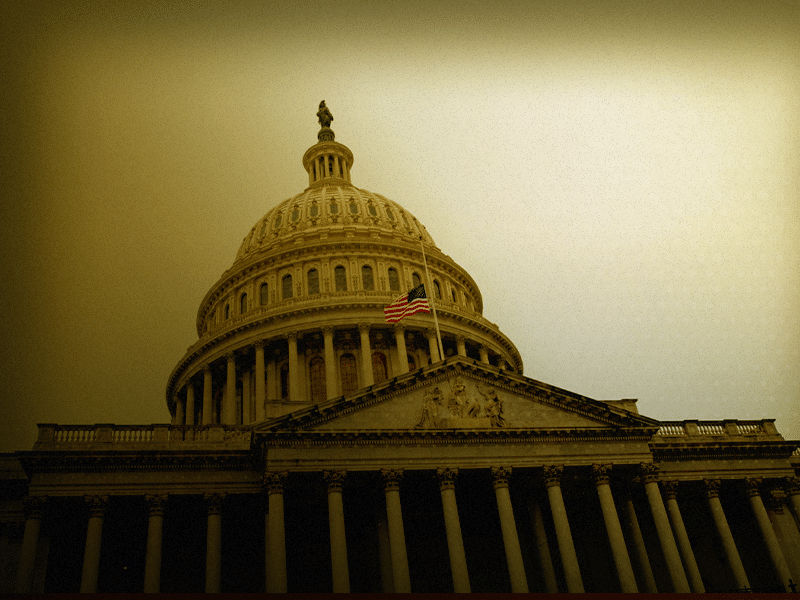The most recent draft of the legislation makes it unlawful to issue or create new “endogenously collateralized stablecoins.”
Stablecoins that permit users to exchange, redeem, or repurchase the stablecoin for a specific sum of money would fall under the definition. In order to maintain their fixed price, it also applies to stablecoins backed by other digital assets produced by the same creator.
In accordance with the Federal Reserve, the Office of the Comptroller of the Currency, the Federal Deposit Insurance Corp. (FDIC), and the Securities and Exchange Commission, the proposed legislation would require Treasury to conduct a study on algorithmic stablecoins (SEC).
Both banks and non-banks could issue stablecoins under the proposed law. Bank issuers would approach their typical federal regulators, like the OCC, for approval. The law would mandate that the Fed create a procedure for deciding applications from non-bank issuers.
A role for state regulators would also be maintained by the bill. The bill would permit operation by non-bank stablecoin issuers that had received state approval and registered with the Fed within 180 days of that approval.
To protect consumers in the event of bankruptcy, the law would forbid companies from combining customer funds, including stablecoins, private keys, and cash, with company assets. It would instruct the Fed to investigate the effects of a potential US central bank digital currency (CBDC), including any potential repercussions on the banking and financial sectors as well as American citizens’ privacy.
The terms of the proposal may still change before a final version is published, even though the panel may vote on the measure as early as next week.




